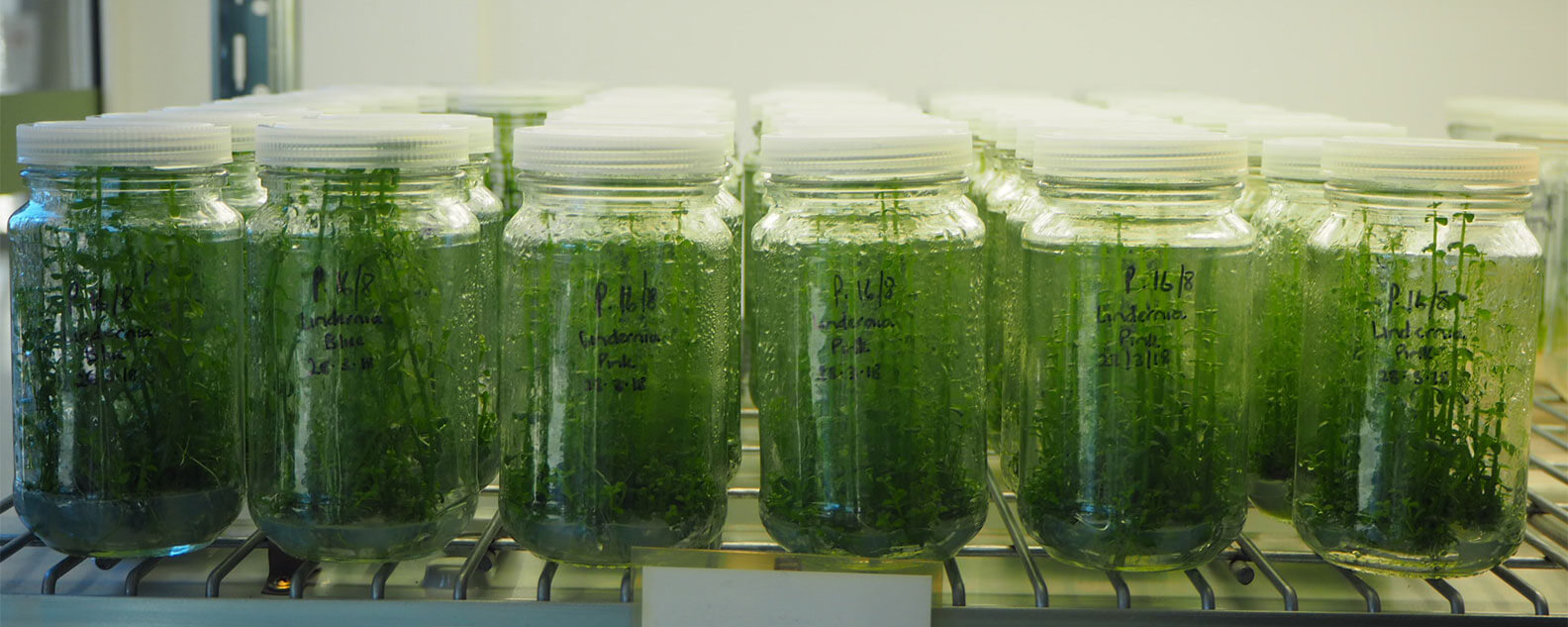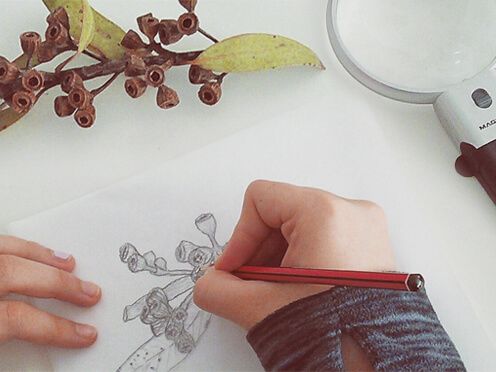Infectious Diseases
Examine infected plant material to observe different types of pathogens and the symptoms caused.

Stage 6
Biology
2 hours
Minimum charges apply. Discounts apply for full day programs!
Examine a variety of plant specimens to understand the impact of pathogens and insects as well as the responses of plants to disease.
Explore the ways that plant diseases spread and how an understanding of these processes allows people to control plant diseases.
Students will
- Examine infected plant material to observe different types of pathogens and the symptoms caused.
- Discover the defence adaptations of plants, the role of quarantine and strategies used to control plant diseases.
- Learn the symptoms, impacts and disease control strategies for plant diseases.
Key content
- Discuss ways that disease affects plants and the impact this can have on ecosystems and human society.
- Investigate the ways diseases are identified and controlled by prevention and treatment strategies.
- Explore the steps used in the quarantine process and examples of diseases controlled by these methods.
- Research plant diseases considered a threat to ecosystems or agricultural trade.
Links to New South Wales curriculum
Focus Syllabus Outcomes
Biology Module 7: Infectious Diseases
- Develops and evaluates questions and hypotheses for scientific investigation (BIO11/12-1)
- Designs and evaluates investigations in order to obtain primary and secondary data and information (BIO11/12-2)
- Conducts investigations to collect valid and reliable primary and secondary data and information (BIO11/12-3)
- Selects and processes appropriate qualitative and quantitative data and information using a range of appropriate media (BIO11/12-4)
- Analyses infectious disease in terms of cause, transmission, management and the organism's response, including the human immune system (BIO12-14)

"Students will research plant diseases considered a threat to ecosystems or agricultural trade."
Related excursions

Students explore the Botanic Gardens and experience art through the wonders of nature.

Learn about the ecology of the protected, remnant environments.

Learn about the ecology of the protected, remnant environments.